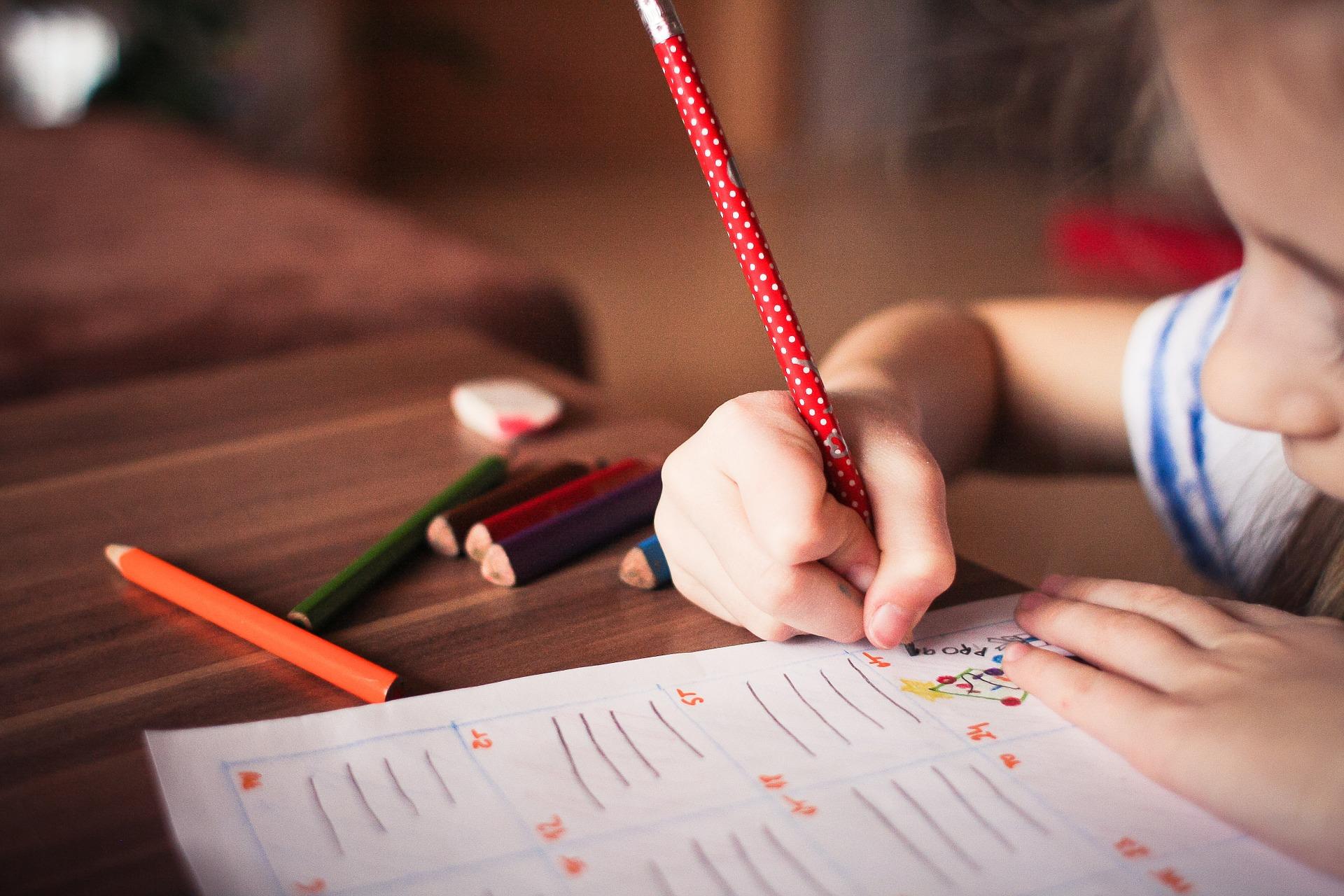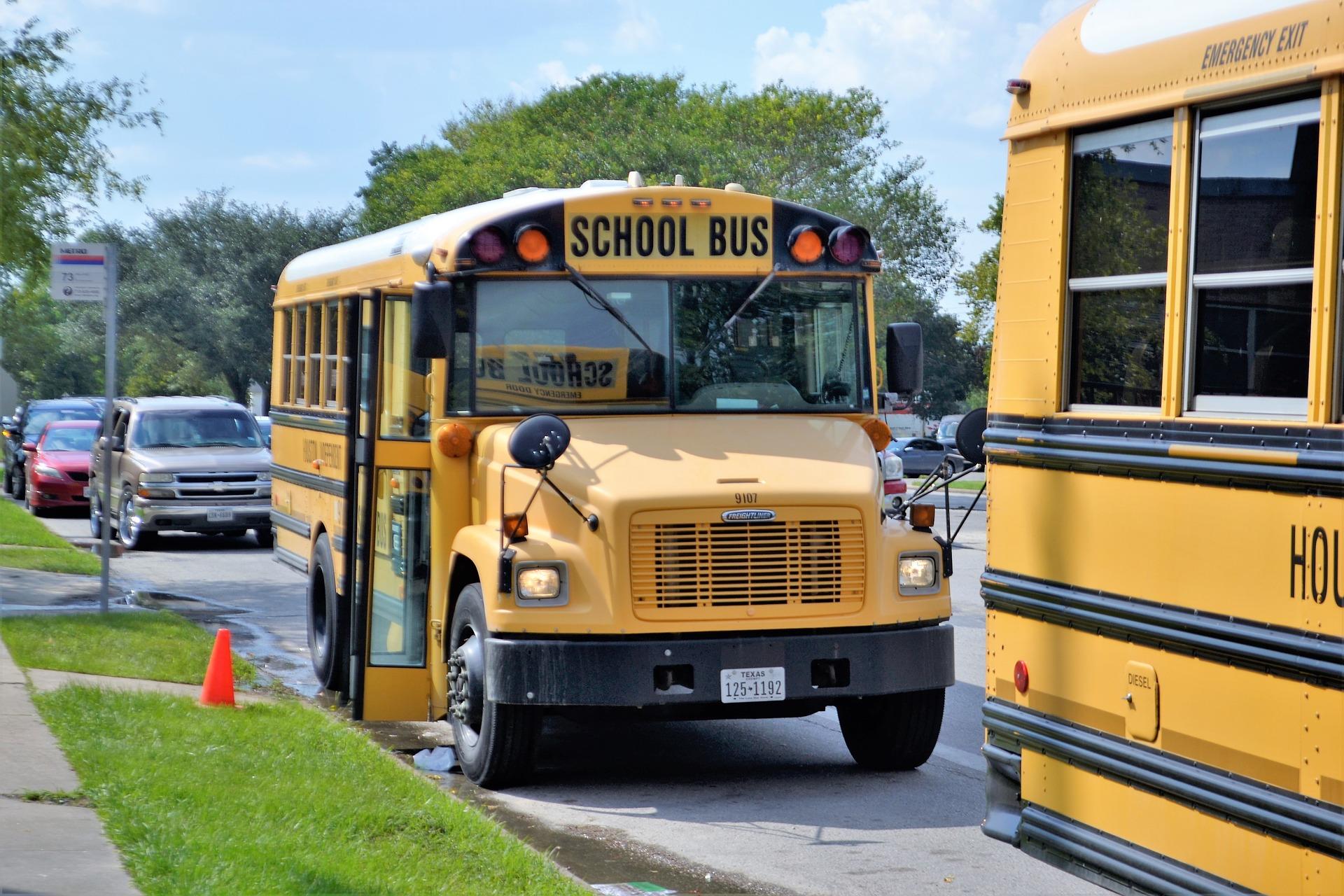Teachers have three loves: love of learning, love of learners, and the love of bringing the first two together. Scott Hayden
As a teacher, you signed up for the job of cultivating a love for learning in all your learners. While all learners (irrespective of their abilities and capabilities) can learn, not all learners can reflect what they have learnt in their performance and reports. Some learners' performances show that they have struggled to learn. The best tools to help students who are failing are good teachers and the right learning resources. While children that are failing already seem to be much harder to help, you want to get a failing student to pass as soon as possible. The worst thing that can happen is not attending to these students as soon as you spot the first fail mark on the report. If failing students are not helped, they may feel the need to miss school as they don't understand the work. When they miss school, they also start falling behind in school and then they fail more miserably in their exams. Students who struggle, fail, and feel they can't be helped, so they eventually choose to leave school and end up with no qualification that can help them to improve their life.
There are people who don't enjoy learning at all. However, learning is a necessary part of life. Teachers can employ effective teaching strategies to help learners to learn. Engaging with and supporting students who are failing can also help them to improve in their weaker learning areas.
If parents notice many rings on the report, that is a sure sign to seek out a private tutor as soon as possible. A private tutor can further aid struggling students to keep on learning even beyond regular school hours. Students who struggle can use all the help they can possibly get. Having a tutor who employs a different teaching method to the child's teacher is also an excellent idea so the child can learn two different ways on how to problem solve in all subjects.
If you are a parent interested in getting the needed help for your child, reach out to a Superprof today!
Want to give private lessons?
Join the Superprof community and share your knowledge with inquiring and motivated students.
How to Help a Failing Student?
The first thing that every teacher needs to do is change the mindset of students who are failing. Students need to understand that their performance at school defines their performance later in life when they choose to pursue a particular career. Encouraging students to put their best foot forward always is necessary. If students are taught that failure is a stepping stone to success, they may begin to understand that they can succeed if they just try harder.

Truth be told, a struggling student is usually one who isn't really interested in his or her results at all. The struggling student lacks confidence and feels that he or she doesn't have the capability to do well. This is where the teacher comes in. The teacher's job is to show the student that he or she is not alone and to help to develop the confidence of the learner.
Sometimes the student is struggling as he or she has a learning barrier.
If a teacher understands each student, he or she will be able to identify students who believe they are lost cases. The more effort the teacher puts in to help the student to succeed, the harder the student will want to work to impress the teacher and succeed.
Motivation for Failing Students
The role of a good teacher is more than just to teach a given subject. The teacher is meant to give students the tools they need to become better learners. Teachers tend to play psychological roles as well where they need to externally motivate learners in order to stop them from failing. While failing can be a reality for some, the role of the teacher is to let students who are failing know that failing is not the end of the world.

To unlock the true potential of all learners (even those learners who are failing), students need to start seeing learning in a positive light. As part of the psychological role that teachers can play, teachers need to externally motivate students to succeed. After all, this should be the main reason why they became a teacher, to help students realise their true potential. External motivation in the form of stickers, compliments, and rewards may help students to become internally motivated to succeed.
Empathy is also a skill that every teacher needs to develop should they really want to help all learners to succeed. Teachers need to listen to each and every student. By listening to all students, teachers will understand for which learners learning is not considered to be important at all. When a teacher realises that a student feels that learning is not important, he or she can speak to students and inform them how important learning is for later in life.
The teacher must have no negative prejudice towards the struggling students. The key to motivating students is to encourage them and not to demotivate them. When the teacher believes that with adequate support and assistance the learner can pass, he or she can help the student to succeed too.
If teachers believe they can help all students, there will be no stigma against placing students with autism into mainstream classrooms.
Parents can also help their children to succeed by reaching out to tutors. Tutors can identify a student's potential, become aware of a student's strengths and can help the student to obtain good results. Regular tutorial classes could mean that students who were failing get the necessary help to pass the subjects that they were failing. The tutor may place emphasis on the strengths of the students irrespective of whether this achievement is artistic, literary, or a sports-related achievement. Acknowledging talents that can make a student feel more capable, will help him or her become more confident in other areas as well.
How to Help a Student who is Failing to Succeed
Struggling students who feel frustrated because they do not understand the work tend to become disruptive in class and in this way they may hinder the progress of other students in class.

Yet again, the teacher 's duty is to manage the morale of their students and adapt his or her teaching approaches to each student. By creating lessons that cater to all students' needs, the teacher may combat the problem of having disruptive learners in class. If students are getting disruptive and a particular lesson isn't working, the teacher must be able to adapt the lesson to keep the children occupied so that they do not have any chance to be disruptive.
As a teacher, you too will endure many hurdles along the way but just as you are headstrong enough to get through them, you need to understand that all your students will be able to deal with hurdles as well as long as you keep motivating them.
Teaching Strategies for Struggling Learners
Passing exams is never always easy, therefore teachers must motivate students to work harder. Learners must be taught that the more you put in, the more you get out. Struggling students can still obtain incredible results if they have someone believing in them, supporting them, and motivating them to do better.

Struggling students can be helped if the teacher closely monitors each and every struggling student. The best way to help to each learner who is struggling is to mark books regularly so you can identify the areas where these learners are struggling. If you give learners an activity in a particular subject, you can identify when you mark the books if a particular learner is struggling with the activity or not. Calling a student to your table to offer one-on-one support is always ideal. Be sure to give the struggling learner a shorter yet similar activity to try after a thorough re-explanation of what is expected of him or her. If the student still fails to get the answers correct in the support activity, you can support the learner again by explaining one more time.
It must be remembered that teachers are not magicians, and they cannot perform miracles. However, teachers can most certainly change the situation by communicating. Communicating with parents of struggling learners can help the parents to reinforce work learnt in school. Again, if teachers are finding that children are still not understanding the work after support has been provided, teachers can suggest to parents to seek additional tuition for the child. Teachers who communicate with the tutors or remedial instructors of struggling learners can even create the best opportunities for these struggling children to thrive.
Again, every good educator knows that in order to help learners who prove to be challenging, the teacher will need to use a variety of teaching methods, strategies, and adapt activities to the needs of all learners. Teach the Kinesthetic learner by using a fair amount of movement in lessons, teach the visual learner by using images, and assist the auditory learner by using videos.
Again, if the teacher is motivated to help all learners succeed, the chances are that all learners will succeed. If you are a teacher battling to help learners who are failing, remember, "Teaching is a great way to keep learning." Matthea Harvey
The same strategies listed above can be employed by tutors who have been roped in to help struggling students!
Want to give private lessons?
Join the Superprof community and share your knowledge with inquiring and motivated students.
Summarise with AI:





